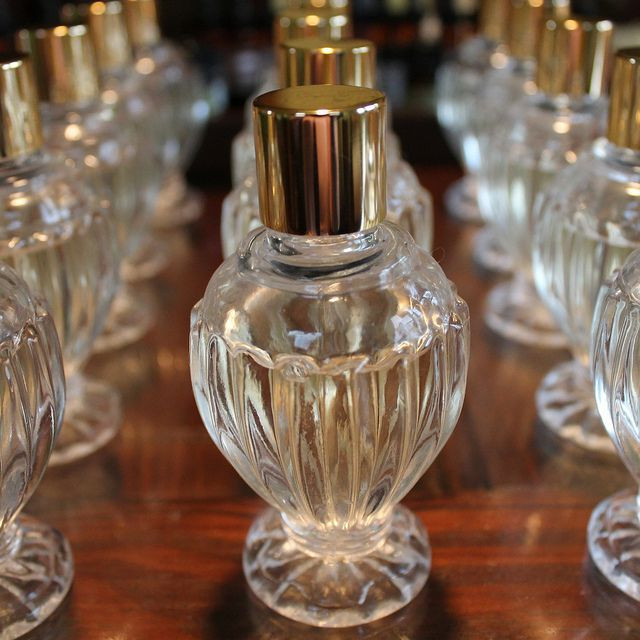The Smell of Love: Researchers Identify Real-Life 'Love Potion'

Love might be blind, but it still can smell. A new study conducted by researchers at the Max Planck Institute indicates that people like their own body odor and prefer perfumes and colognes that amplify that. The findings mean that perfumers could create scents that amplify a person's biology, potentially luring suitors in more easily.
Discovery News reports that 22 female participants were asked to shower using a selected soap. Then they applied a different perfume to each armpit and wore an untreated cotton T-shirt. One perfume was made from materials that created another person's scent, while the other contained a molecule like that of major histiocompatibility complexes (MHC) of the wearer of the shirt. For women who did not have colds and who were not regular smokers, they preferred the armpit that amplified their own scent.
The researchers found too that, when smelling their own scent, the right center front portion of the brain lit up. That region is associated with emotional balance and self-insight.
Researchers say that humans tend to prefer our own smells and want to amplify that for others. We also tend to seek out partners who have complementary smells as we do, indicating that their immune system would be a good fit and that theoretically potential offspring would have strong immune systems.
"The present wisdom of evolutionary biology is that we and other animals reproduce sexually because only in this way can we survive the race with infectious diseases," Milinski said to Discovery News. "This means choosing a partner with complementary immunogenes is the purpose of sexual selection. Probably, in all vertebrates, information about one's immunogenes is transmitted by smell. Thus odor is extremely important."
LiveScience points out that the findings could be used to create perfumes that amplify the wearer's scent to potential mates. The chemicals used could replace those like amber and musk, which can both mask a person's odor and are being considered to be banned in the European Union due to allergy problems.
The research was published in the journal Proceedings of the Royal Society B.
Published by Medicaldaily.com



























